Surviving Wall Street: Scott Bok on power, protest, and collapse
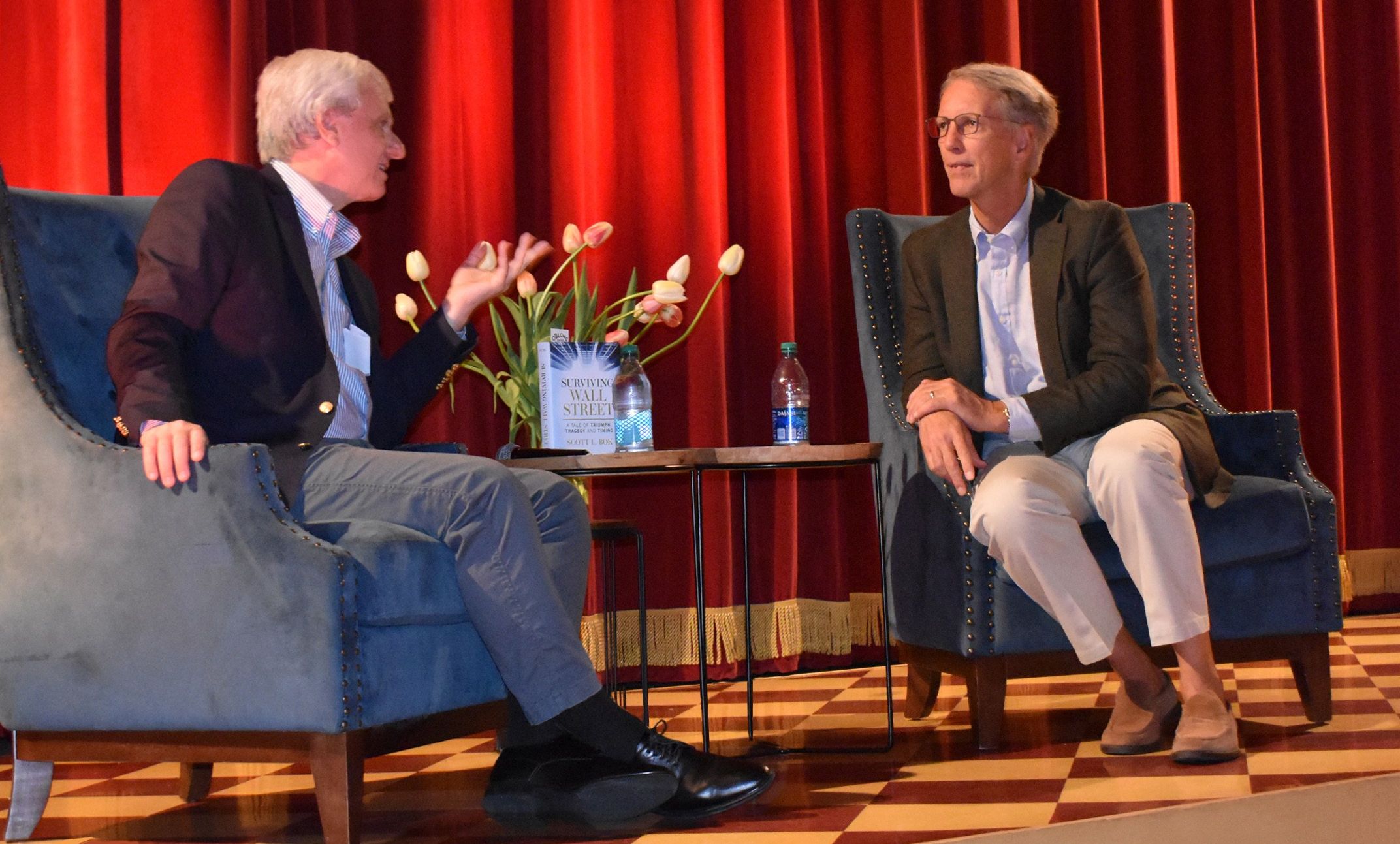
At the Colonial Theatre in North Canaan, Peter Canellos, left, sat down to talk with Scott Bok, resident of Salisbury and author of “Surviving Wall Street: A Tale of Triumph, Tradgedy, and Timing,” about his career.
L. Tomaino
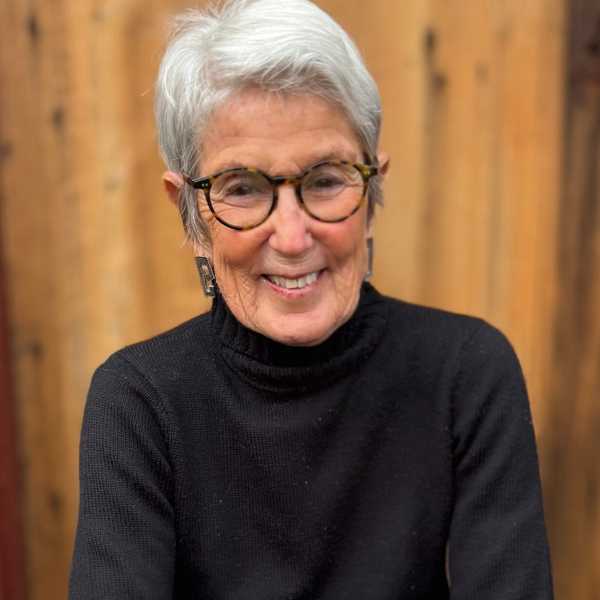
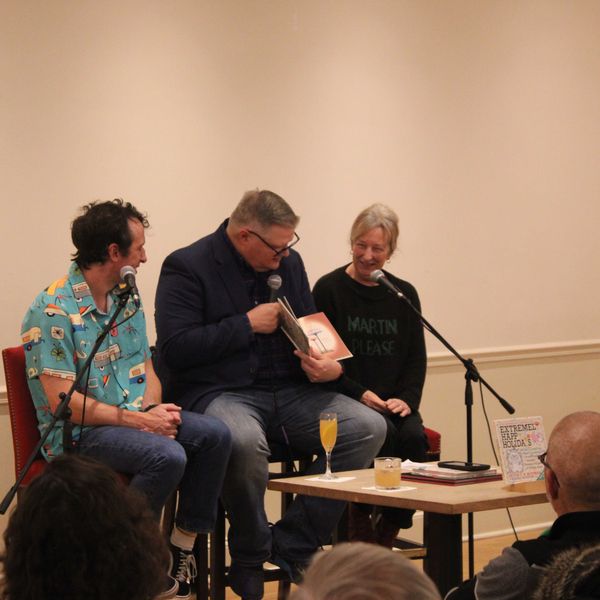
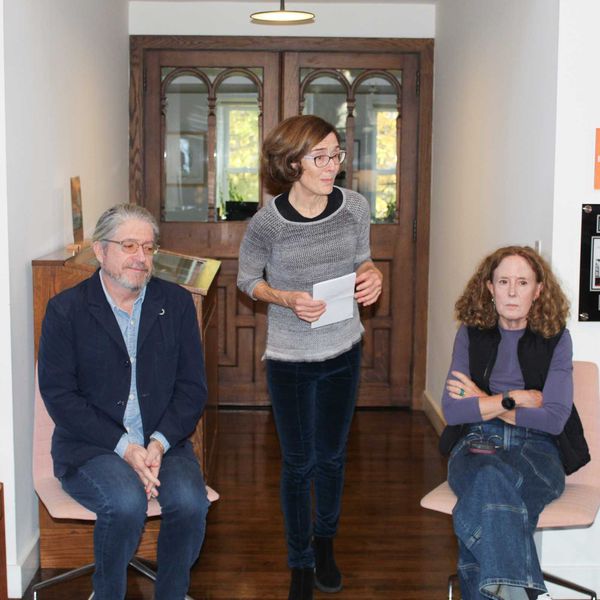
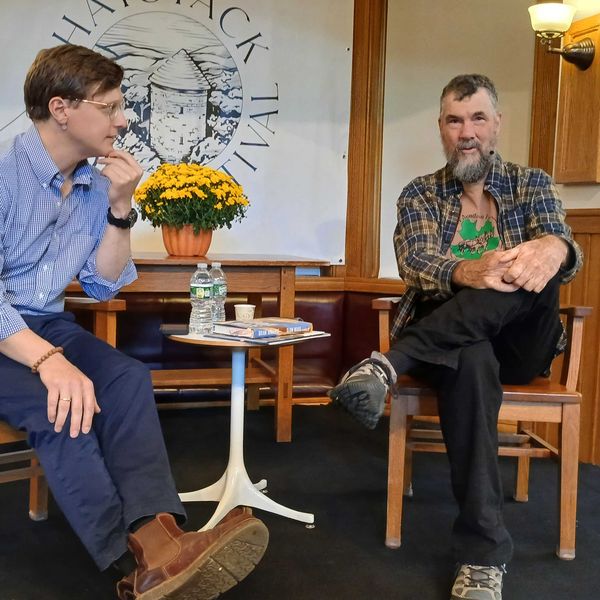
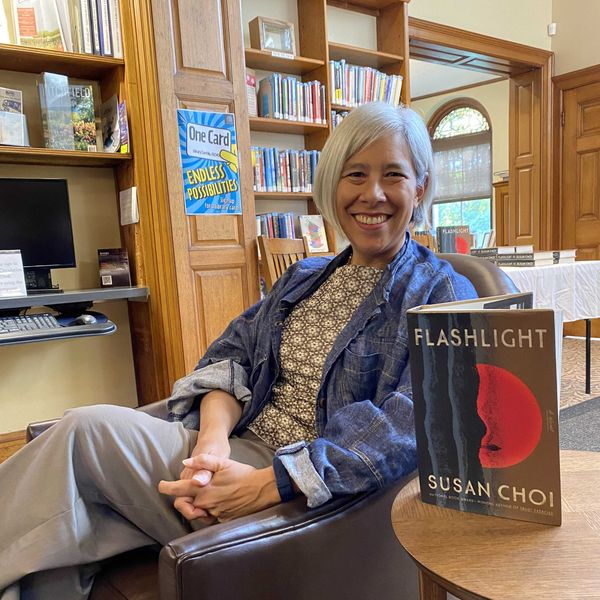


 Kent's Ainsley Moffitt takes a shot against the Millbrook goalie.Photo by Lans Christensen
Kent's Ainsley Moffitt takes a shot against the Millbrook goalie.Photo by Lans Christensen Lily Kennedy on attack for Millbrook.Photo by Lans Christensen.
Lily Kennedy on attack for Millbrook.Photo by Lans Christensen. Ainsley Moffitt celebrates after scoring a goal for Kent.Photo by Lans Christensen
Ainsley Moffitt celebrates after scoring a goal for Kent.Photo by Lans Christensen



 Plagens and Fendrich at home in front of some of Fendrich’s paintings. Natalia Zukerman
Plagens and Fendrich at home in front of some of Fendrich’s paintings. Natalia Zukerman






